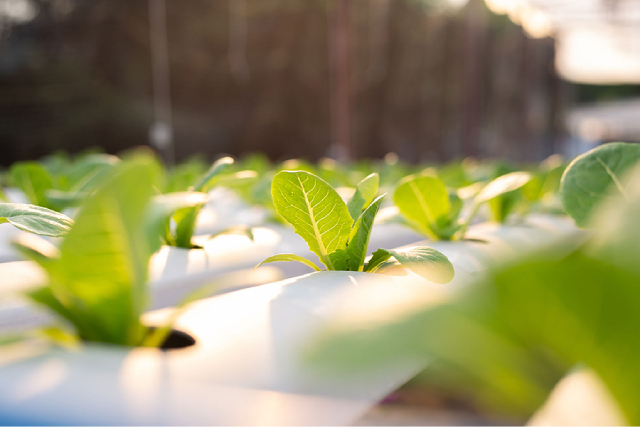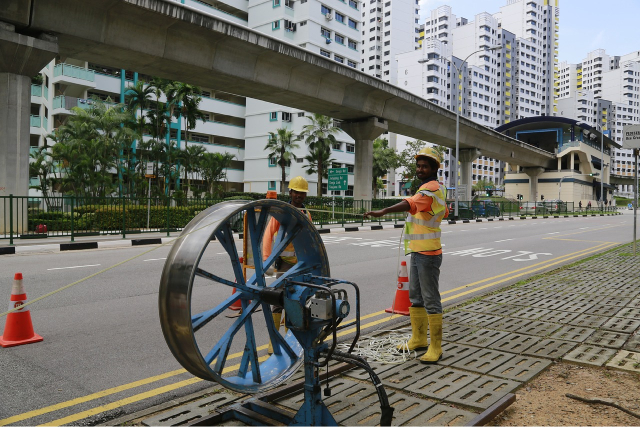27 Mar The Impact of Hydroponic Farming on the Environment
Hydroponic farming, a soilless method of cultivating plants, is gaining momentum as a sustainable agricultural practice. As the world grapples with issues like climate change, soil degradation, and water scarcity, hydroponics offers a promising solution with the potential to mitigate environmental impact. In this article, we delve into the various ways hydroponic farming impacts the environment and how it stands as a beacon of sustainable agriculture. Water Conservation Traditional agriculture consumes vast amounts of water, often leading to depletion of freshwater sources and environmental degradation. Hydroponic farming, however, utilises water more efficiently by recycling it within closed-loop systems. Unlike conventional farming, which loses water...


